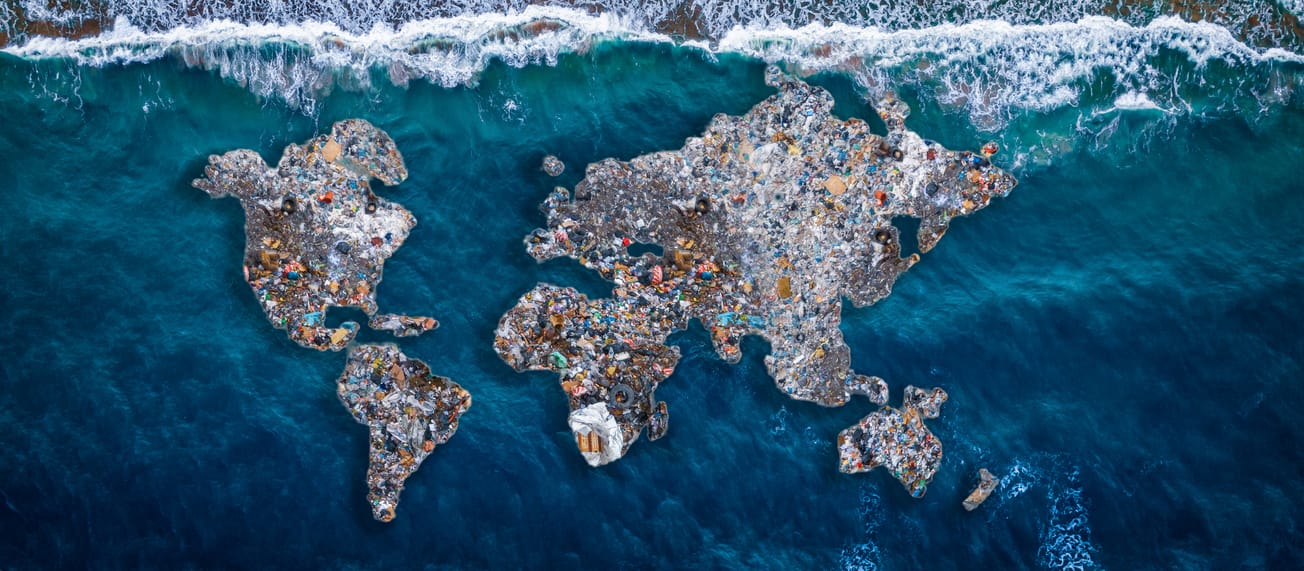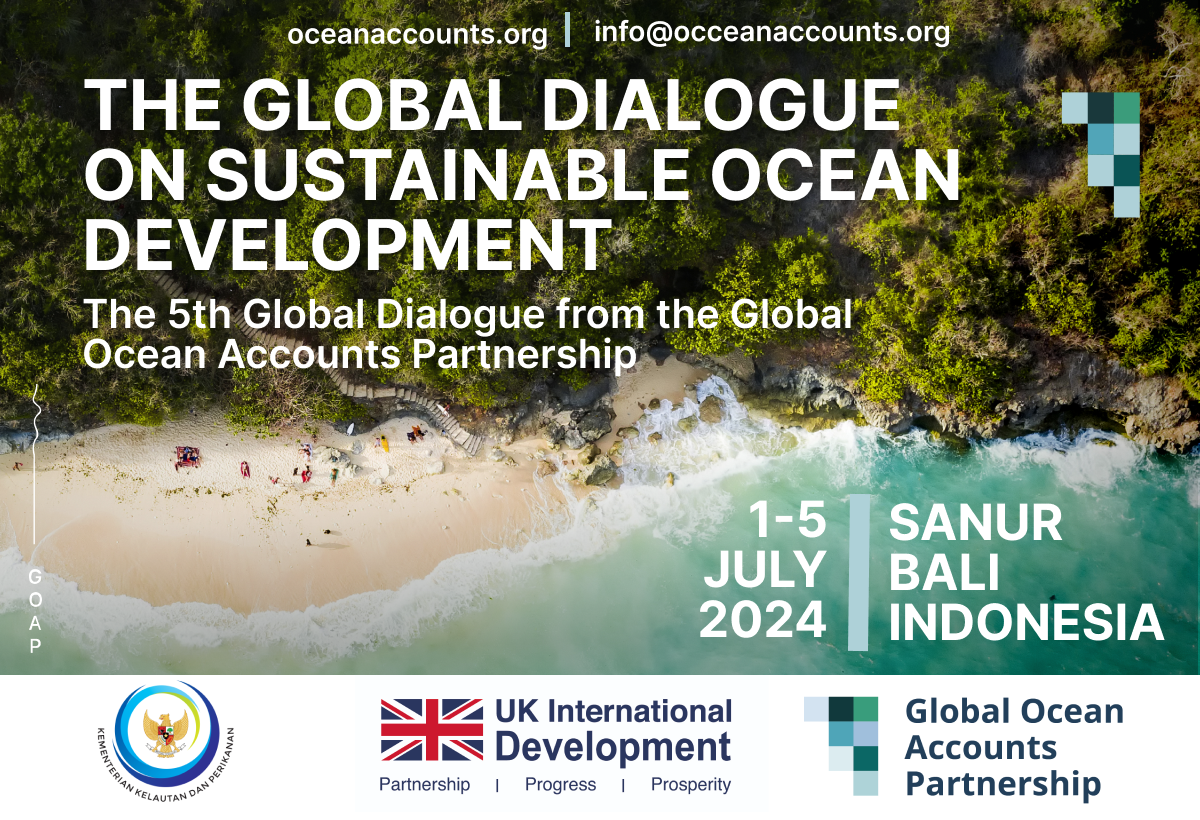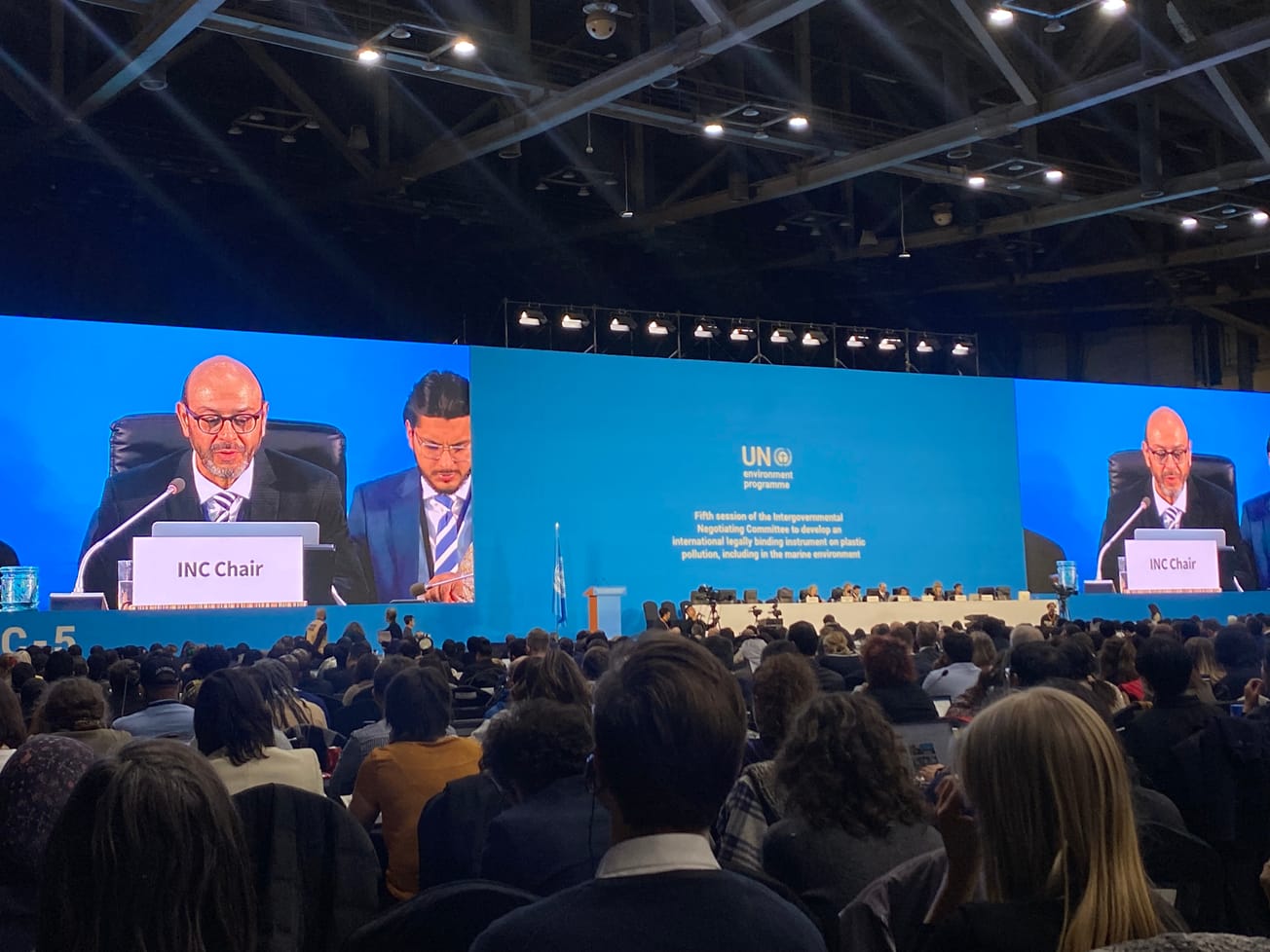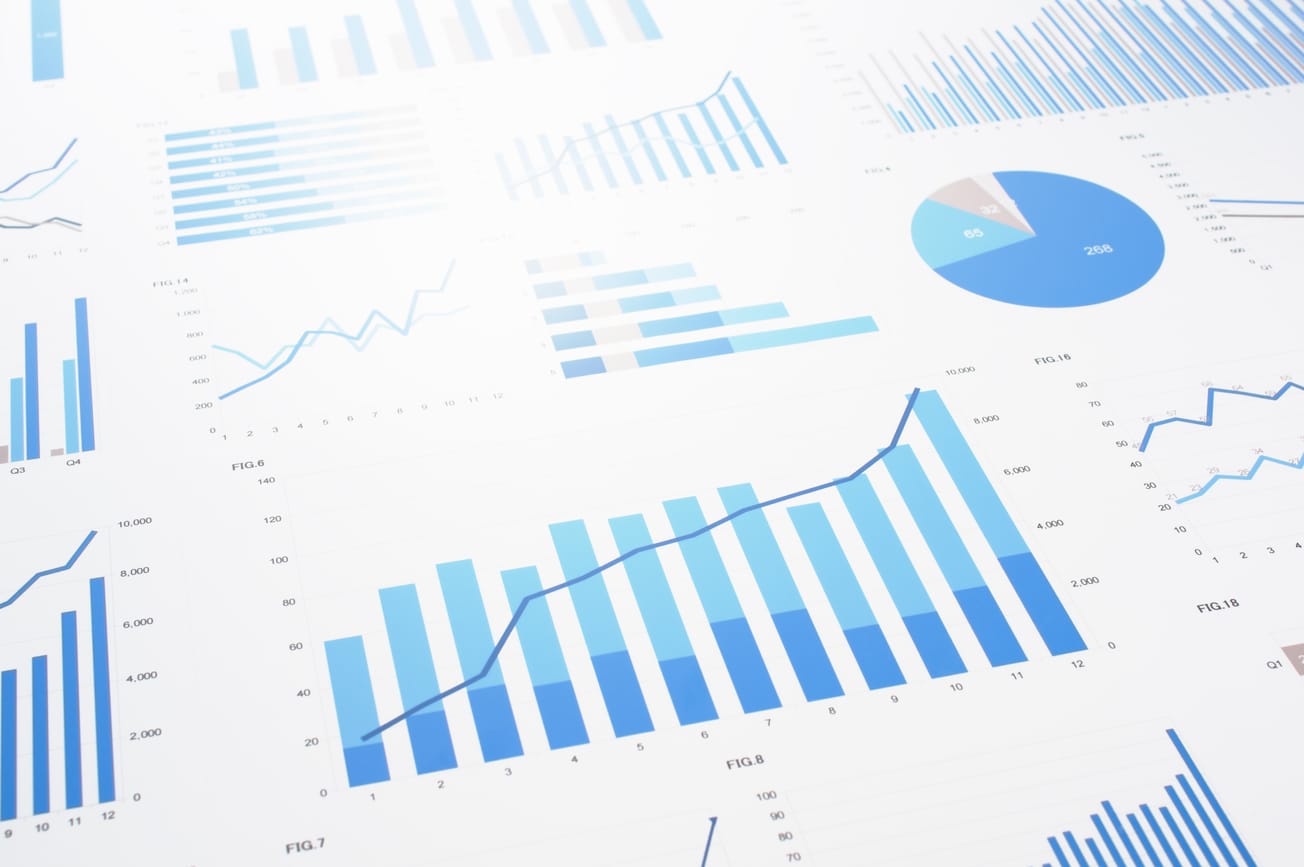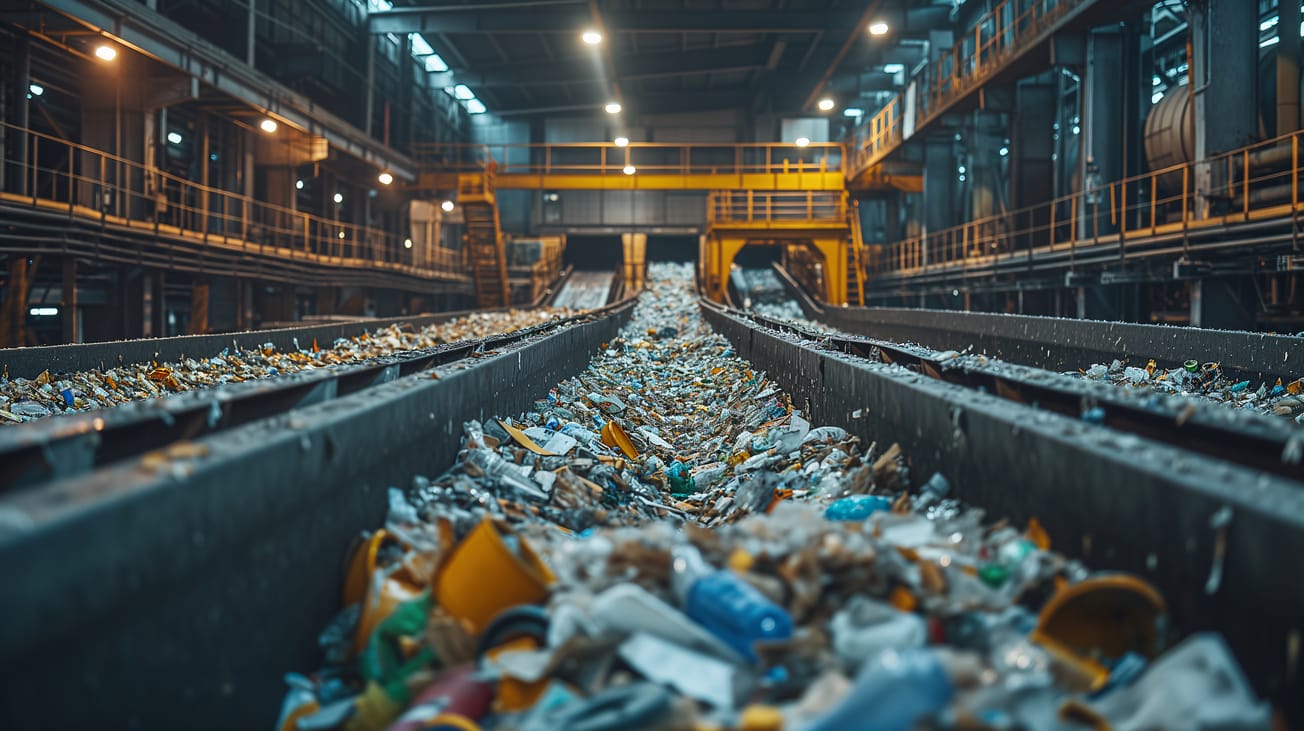Tues 17 September 2024 | Virtual, 90 minutes
Region 1 is suited to attendees in North America, Latin America and Caribbean and Africa.
Region 2 is suited to attendees in Asia-Pacific and Oceania.
Background
As negotiations for the new treaty to address global plastic pollution progress towards the fifth and final negotiating session in Busan, South Korea in November 2024, the role of data remains a critical yet underdiscussed topic.
The availability of data to track the ‘full life cycle’ of plastics into and within a national economy will be critical to support a robust and effective regime for plastics. Data availability and national data infrastructure for plastics, however, have so far been overlooked within the global policy dialogues which has led to persistent gaps in ambition and implementation.
Without bridging this data gap, we risk undermining the new global regime before it even begins.
Join experts from the UNSW Centre for Sustainable Development Reform (CSDR) and Global Ocean Accounts Partnership (GOAP) to understand how data is relevant to the commitments currently being negotiated and options to build in ambition and equity.
This webinar will introduce the ‘Data Checklist’ developed as a tool for countries to identify their data strengths and gaps to assess their readiness to implement and meet national commitments on plastic. This resource will enable countries to identify data gaps and capacity-building needs to ensure a robust and effective regime.
Featured experts
The following experts are from the UNSW Centre for Sustainable Development Reform.
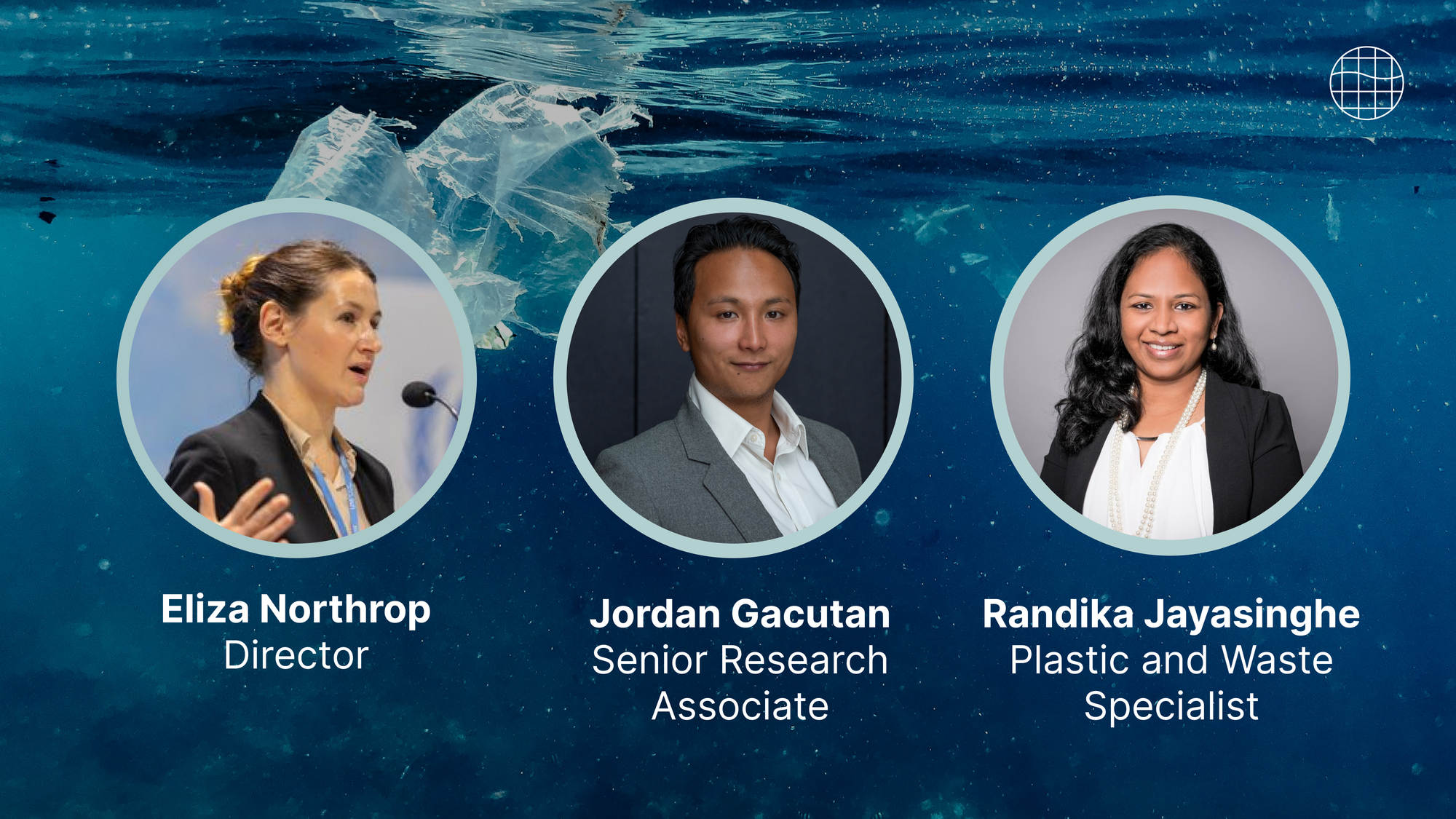
- Eliza Northrop, Director
- Dr Randika Jayasinghe, Plastics and Waste Specialist
- Dr Jordan Gacutan, Senior Research Associate
Watch the Recording
About the UNSW Centre for Sustainable Development Reform
The UNSW Centre for Sustainable Development Reform (CSDR) connects knowledge and people to catalyse pragmatic and ambitious legal, policy and governance reform towards sustainable development. To achieve this, CSDR takes an applied interdisciplinary approach to build enduring and diverse research, education, and knowledge exchange partnerships with a global network of decision-makers across government, international institutions, local communities, and the private and non-profit sectors.
Established in 2022 by the University of New South Wales’ (UNSW) Faculty of Law and Justice, CSDR strives to fulfil the public responsibilities and mission of UNSW; to provide education, conduct research and contribute to society. Hub activities span more than 20 countries and are organised around three pathways: Development Beyond GDP, Unlocking Zero-Carbon Transitions and Economies that work for People and Nature.



